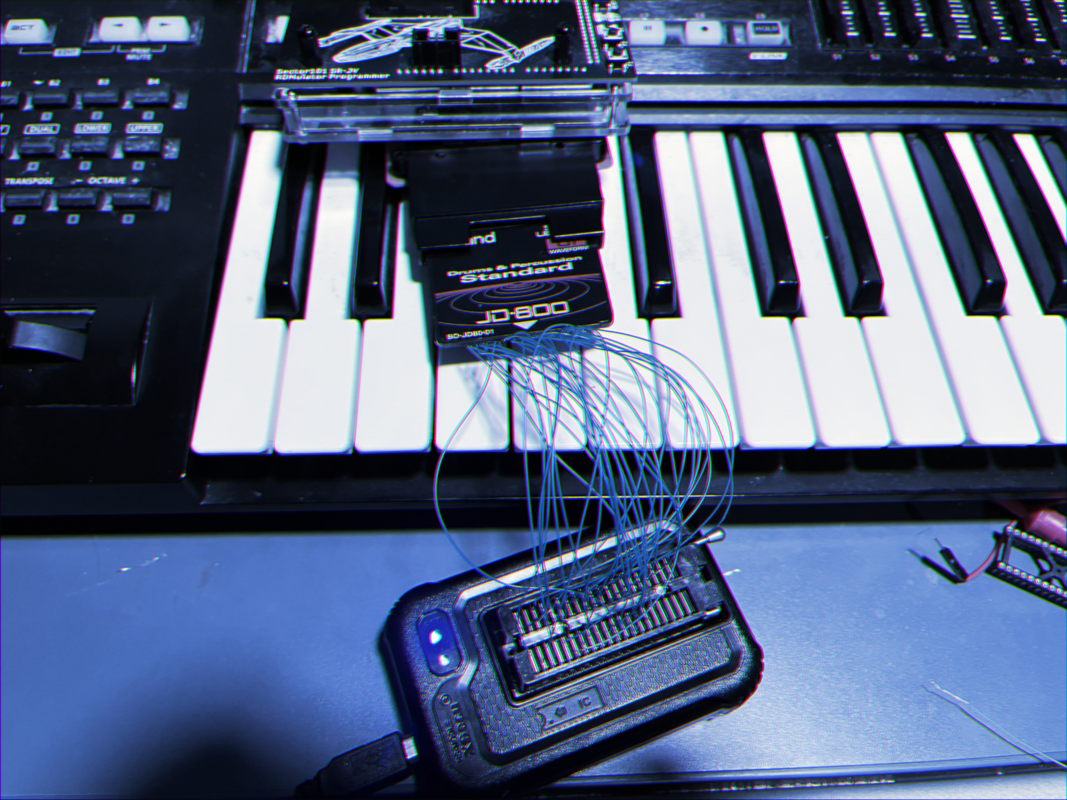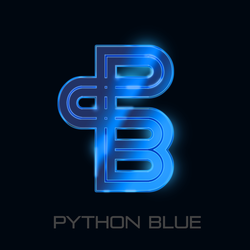While music had taken a major downturn for various reasons, even if I think I am recovering from the burnout aspects now, it's not to say I've nothing at all related to music.
The latest example: several months ago I finally acquired the budget to purchase an overpriced Roland JD-990 (which I might review and dispel myths over later), and while importing the presets verbatim into a RolandCloud VST would be impossible due to the different architecture, I did get the idea to do the next best thing for the sound archivists out there: archiving what I can of expansion cards meant for it other than the famous SR-JV80 ROM cards.
Rather, I'm taking a light interest in archiving the SL-JD80 library meant for the JD-800 and JD-990.
The latest example: several months ago I finally acquired the budget to purchase an overpriced Roland JD-990 (which I might review and dispel myths over later), and while importing the presets verbatim into a RolandCloud VST would be impossible due to the different architecture, I did get the idea to do the next best thing for the sound archivists out there: archiving what I can of expansion cards meant for it other than the famous SR-JV80 ROM cards.
Rather, I'm taking a light interest in archiving the SL-JD80 library meant for the JD-800 and JD-990.
The SL-JD80 series came in sets of two cards. One contained patches and, in some cases, drum/rhythm sets, and looks like a very mildly conventional Linear Flash card from the time (early 90s). The other card, however, which contained the waveform data, is a type of card so obscure that I could only find two bits of relevant documentation: the service manual for the JD-990 for its pinout, and the data for a very similar but not identical card type (the card is apparently housed in a format meant for JAE JC20-C40 connectors, yet the closest thing I could find was for the 45-pin variant, JC20-C45). Especially tragic is that the connector and the shape gives the impression that this was CompactFlash before it was officially available for the masses (CompactFlash came out officially in 1995, while these cards were created a few years before).
Technical research about the cards itself was one hassle to try to archive. The other was how to extract the data. Even the desoldering approach proved fruitless due to the one card I tried having a thick potting covering what I presume to have been its main memory. Pictured above was the alternative approach, which, while requiring a lot of thin enough wires, has the benefit of, if done right, keeping the card still useable due to no soldering skills required.
It took me many hours, and one allnighter, to wire up three out of the eight cards decently (the other five in the series I simply haven't bought yet), and even after that, the process wasn't perfect. The pictured programmer, a T48, is not only intended for IC's, the closest thing its 40pin internal ZIF socket supports without adapters is a 27C080 EPROM which uses 32 pins instead of 40 (37 if you consider 3 are unusued). The 27C080 also only holds up to 1 MB whereas the cards were capable of holding twice as much, but the good news there is that Roland never took advantage of that capacity for the SO-JD80 cards, though they did for two SO-PCM1 cards for their early JV synthesizers.
Long story short, I managed to finally make working dumps of three of the eight cards in the series, one of which I don't know if anyone else has pulled off (SO-JD80-06 "Grand Piano"). Much to my surprise, despite being intended for a different synthesizer with a different architecture, having examined the data of these dumps, the only major difference from if they were stored on an SR-JV80 card is the size (The SR-JV80 cards generally held 8 MB of data), so, provided the sample data is little enough, it might be feasible to squeeze the entire series onto a single SR-JV80 ROM, though will confirm that when I do find all of the cards in the series, which, if I succeed, could make a nice unofficial ROM for others to use who can't find the SL-JD80 library for their JD-990's (which is a very real possibility down the line knowing data preservation issues in general...)
That's it for now, though hoping things will pick up in the new year. Happy Holidays to all!
Technical research about the cards itself was one hassle to try to archive. The other was how to extract the data. Even the desoldering approach proved fruitless due to the one card I tried having a thick potting covering what I presume to have been its main memory. Pictured above was the alternative approach, which, while requiring a lot of thin enough wires, has the benefit of, if done right, keeping the card still useable due to no soldering skills required.
It took me many hours, and one allnighter, to wire up three out of the eight cards decently (the other five in the series I simply haven't bought yet), and even after that, the process wasn't perfect. The pictured programmer, a T48, is not only intended for IC's, the closest thing its 40pin internal ZIF socket supports without adapters is a 27C080 EPROM which uses 32 pins instead of 40 (37 if you consider 3 are unusued). The 27C080 also only holds up to 1 MB whereas the cards were capable of holding twice as much, but the good news there is that Roland never took advantage of that capacity for the SO-JD80 cards, though they did for two SO-PCM1 cards for their early JV synthesizers.
Long story short, I managed to finally make working dumps of three of the eight cards in the series, one of which I don't know if anyone else has pulled off (SO-JD80-06 "Grand Piano"). Much to my surprise, despite being intended for a different synthesizer with a different architecture, having examined the data of these dumps, the only major difference from if they were stored on an SR-JV80 card is the size (The SR-JV80 cards generally held 8 MB of data), so, provided the sample data is little enough, it might be feasible to squeeze the entire series onto a single SR-JV80 ROM, though will confirm that when I do find all of the cards in the series, which, if I succeed, could make a nice unofficial ROM for others to use who can't find the SL-JD80 library for their JD-990's (which is a very real possibility down the line knowing data preservation issues in general...)
That's it for now, though hoping things will pick up in the new year. Happy Holidays to all!



 RSS Feed
RSS Feed